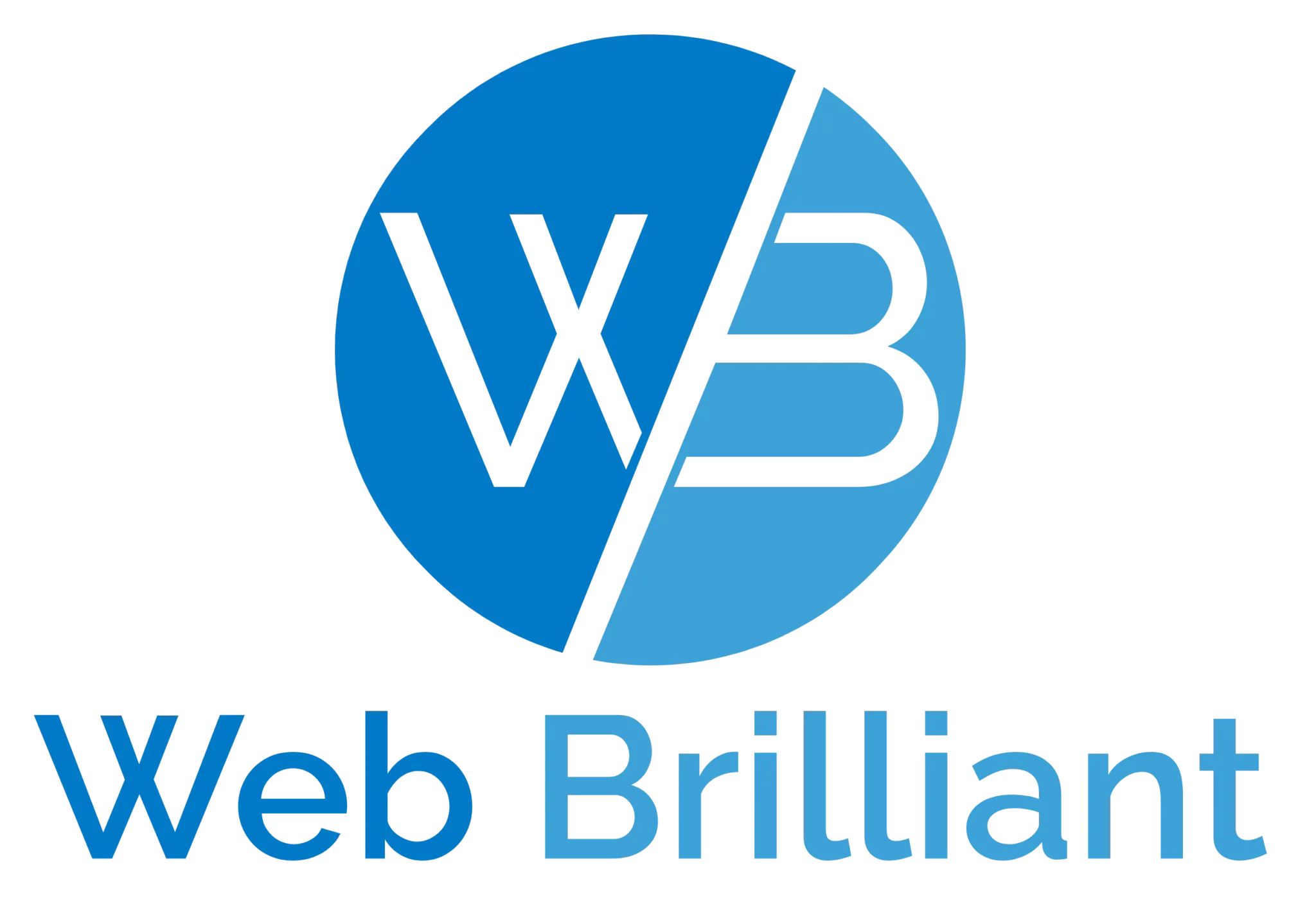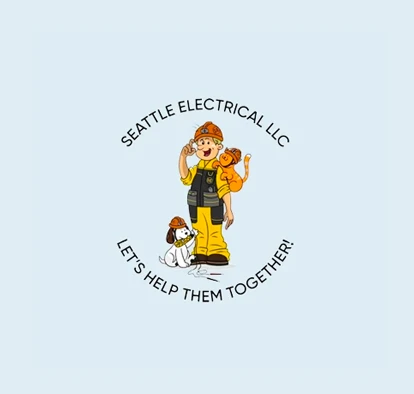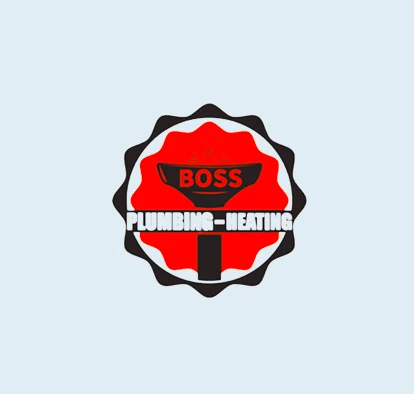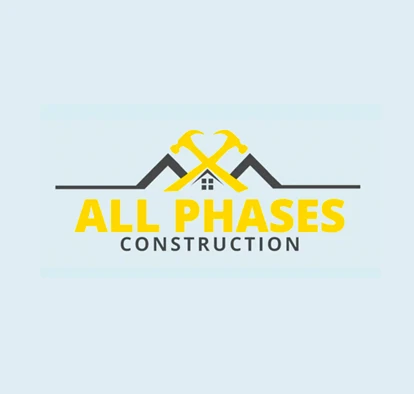6 Major Causes of a Slow Website and How to Fix Them
In today’s digital age, websites have become an essential part of our lives. They not only provide us with information but also serve as a platform for businesses to connect with their customers. However, a slow website can be frustrating for users and can result in a loss of potential customers.
In this blog, we will discuss the causes and fixes of a slow website.
Causes of a Slow Website
1. Large Image Sizes
Images are a crucial element of any website. However, large image sizes can significantly slow down your website. High-resolution images are essential, but they need to be optimized for the web. You can use image compression tools to reduce the size of your images without compromising on their quality.
2. Hosting Issues
The hosting provider you choose plays a significant role in determining the speed of your website. Shared hosting plans can slow down your website as you are sharing server resources with other websites. Upgrading to a dedicated server or a VPS can significantly improve website speed.
3. Bloated Code
Bloated code, such as unnecessary plugins, can slow down your website. It is essential to keep your website’s code lean and optimized to ensure fast loading times.
4. Large HTML, CSS, and JavaScript Files
Large files can increase the loading time of your website. Minifying your HTML, CSS, and JavaScript files can significantly reduce the size of your website, resulting in faster loading times.
5. Lack of Caching
Caching is the process of storing frequently accessed data on the user’s device, reducing the need for frequent requests to the server. Lack of caching can slow down your website, as it requires the server to retrieve data every time a user visits.
6. Outdated Software
Using outdated software, including your website platform, CMS, or server software, can also cause your website to run slowly. Ensure that all your software is up-to-date, including any themes, plugins, and scripts you are using on your site.
Fixes for a Slow Website
1. Optimize Images
As mentioned earlier, optimizing images is crucial for website speed. You can use image compression tools such as TinyPNG or Kraken.io to reduce the size of your images.
2. Upgrade Hosting Plan
Upgrading to a dedicated server or a VPS can significantly improve website speed. You can also consider using a content delivery network (CDN) to distribute your website’s content across multiple servers, reducing the loading time.
3. Remove Unnecessary Plugins
Removing unnecessary plugins can improve website speed. It is essential to only use plugins that are necessary and optimize your website’s code.
4. Minify HTML, CSS, and JavaScript Files
Minifying your HTML, CSS, and JavaScript files can significantly reduce the size of your website, resulting in faster loading times.
5. Enable Caching
Enabling caching can significantly improve website speed. You can use caching plugins such as WP Super Cache or W3 Total Cache to enable caching on your WordPress website.
6. Optimize Your Database
Optimizing your database can help to improve website speed by reducing the time it takes to retrieve data. You can use plugins like WP-Optimize or WP-Sweep to optimize your database by deleting unused data and cleaning up your database tables.
Conclusion
A slow website can be frustrating for users and can result in a loss of potential customers. The causes and fixes discussed in this blog can help you improve your website’s speed and provide a better user experience. Remember to regularly monitor your website’s speed and optimize it to keep up with the latest trends and updates.
Are you a business owner in Rhode Island looking to improve your online presence? Look no further than Web Brilliant, an affordable web design company that can help take your business to the next level. We use the latest design trends and technologies to ensure that your website is up-to-date and stands out from the competition. Contact us today to learn more about how we can help your business succeed online!















